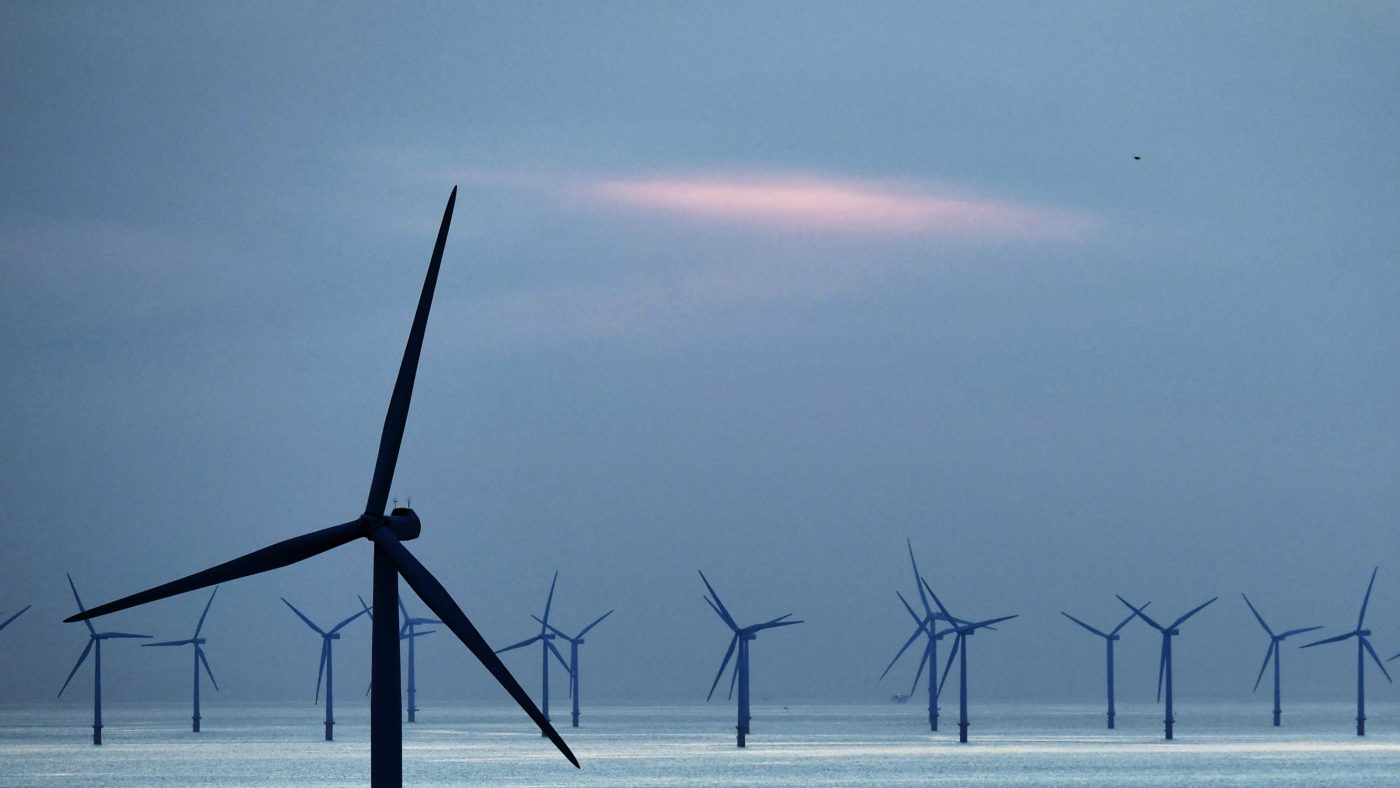The G7 leaders have just committed to halving emissions by 2030 and reaching carbon net zero by 2050. One of the main ways in which we’re looking to achieve these goals is to massively increase its generation of green energy. Everyone’s now very excited about green energy, especially with the recent news that construction has started on Sofia, one of the UK’s largest offshore wind projects to date.
But there’s a side to our excitement that’s not entirely admirable. Most of us don’t want our lives and the energy that fuels them to be disrupted. The hope seems to be that we’ll be able to carry on with our lives as normal, driving to buy a pint of milk in our electric cars and jetting off on holiday every year on hydrogen fuelled planes.
In the UK, building enough new renewable energy plants to meet all Britain’s energy needs by 2050 is a very significant challenge, and one that we can’t guarantee we’ll meet. Offshore wind is likely to lead the way in the future, but we’ll also need onshore wind, solar and green hydrogen fuel. Whatever mix we use, there really are no guarantees that we’ll be able to build enough to reach net zero by 2050 or halve our emissions by 2030.
By 2019 the UK had managed to install enough renewable energy assets to generate about 120 terawatts hours of energy annually. At that time, independent body the Climate Change Committee said we would need to increase this to around 480 terawatt hours to reach net zero by 2050. This means the UK is being asked to quadruple its green energy generation in 30 years.
Can this be done? It took around 25 years of real focus to achieve 120 terawatt hours. Over that period, progress was hampered by the sometimes long and arduous planning consent process and by a diminishing ability to connect to the grid. These barriers are not going to disappear as we move closer to 2050. If anything, they could become even greater, if we add the increasingly challenging task of finding land that’s available for development into the mix. Committing to new 2030 goals will not automatically make the process of development any quicker either.
Take the planning process. There are right and proper reasons why due process must be respected in planning approvals, including giving people a voice when a renewables development may be built near their homes. However, the reality is that it can take several years for final planning consenting decisions being made, particularly for wind. Perhaps the Government needs to look at ways to speed up the process, but that could take years and we’re already on borrowed time.
Then there’s the issue of access to the grid. There are regions in the UK where there may be good sites for a wind or solar plant, but there isn’t enough capacity in the grid system for such a wind farm to just plug in. It can take several years for renewable energy plants to connect to the grid in such constrained areas. Can the grid be upgraded? It can, and grid operators are working hard to overcome the issue. But constraints to the system mean it’s unlikely to be upgraded quickly.
These factors have the potential to create a perfect storm in green energy generation. That doesn’t necessarily mean we won’t be able to quadruple by 2050. With an increased reliance on offshore wind – which offers generation at colossal scale and essentially has one landowner to negotiate seabed rights with – significant moves can be made towards the 2050 target. However, we will still need onshore wind and solar and the barriers here are more significant.
But what if we didn’t need this vast figure of 480 terawatt hours by 2050? What if we only needed 400, because we’d all done our bit by making changes to our way of life? By not swapping our petrol car for an electric car but instead swapping it for a bike? This week’s consolidation and enhancement of emission targets by the G7 reinforces how critical it will be that we all reduce our energy consumption. If we do, then we can be more certain that we will definitely reach carbon net zero by 2050.
Click here to subscribe to our daily briefing – the best pieces from CapX and across the web.
CapX depends on the generosity of its readers. If you value what we do, please consider making a donation.


